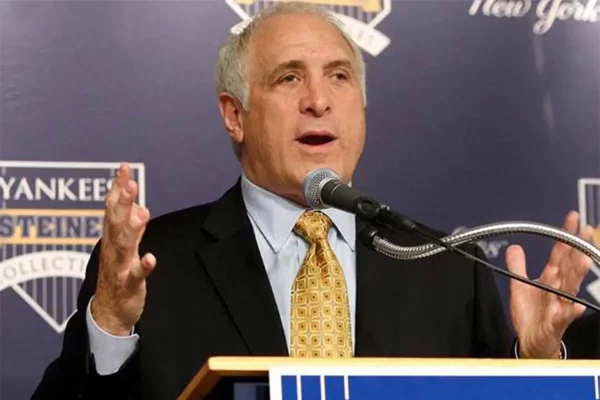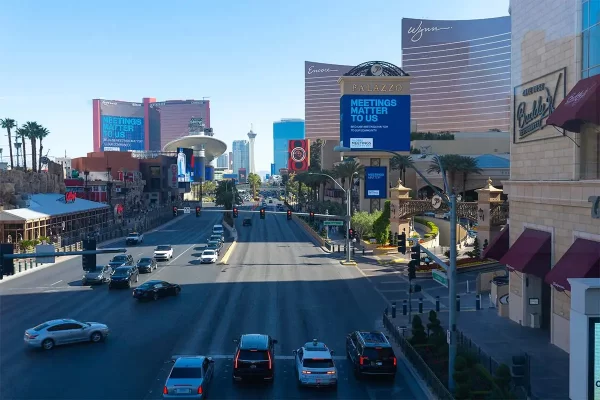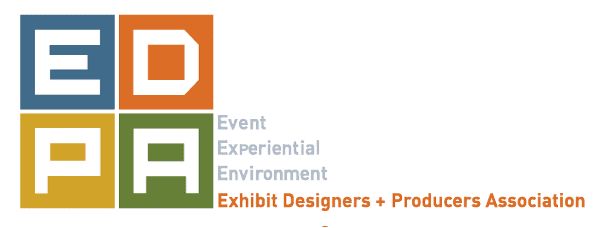Asked to decide whether hotel guests may be allowed to use personal Wi-Fi hotspots within the building, the U.S. Federal Communications Commission (FCC) will consider Marriott International’s petition to block Wi-Fi hotspots that interfere with its own network services.

In an investigation, FCC found that employees at Marriott’s Gaylord Opryland Hotel and Convention Center in Nashville both monitored and blocked signals of hotel guests and exhibitors connecting to personal Wi-Fi hotspots. After being disconnected from their personal networks, customers were charged $250 to $1,000 per device to access Marriott’s Wi-Fi network instead.
An event attendee stated in a March 2013 complaint to the FCC that Marriott was “jamming mobile hotspots so that you can’t use them in the convention space.”
Multiple allegations led to the FCC issuing a $600,000 fine in October 2014 against Marriott for intentionally preventing guests from accessing personal Wi-Fi hotspots.
“Consumers who purchase cellular data plans should be able to use them without fear that their personal Internet connection will be blocked by their hotel or conference center,” said Travis LeBlanc, chief, FCC Enforcement Bureau. “It is unacceptable for any hotel to intentionally disable personal hotspots while also charging consumers and small businesses high fees to use the hotel’s own Wi-Fi network. This practice puts consumers in the untenable position of either paying twice for the same service or forgoing Internet access altogether.”
Although Marriott admitted to using FCC-authorized equipment to block signals used inside its buildings, it reasoned that personal Wi-Fi hotspots weakened its offered network and posed a threat to the security of the hotel chain’s internal service and database of confidential information, including guests’ credit card data.
Attorneys for Google commented that blocking outside Wi-Fi hotspots is considered illegal.
“While Google recognizes the importance of leaving operators flexibility to manage their own networks, this does not include intentionally blocking access to other commission-authorized networks, particularly where the purpose or effect of that interference is to drive traffic to the interfering operator’s own network,” Google officials stated.
In addition to the fine, Marriott is required to create and file compliance reports with the FCC every three months for three years.





























